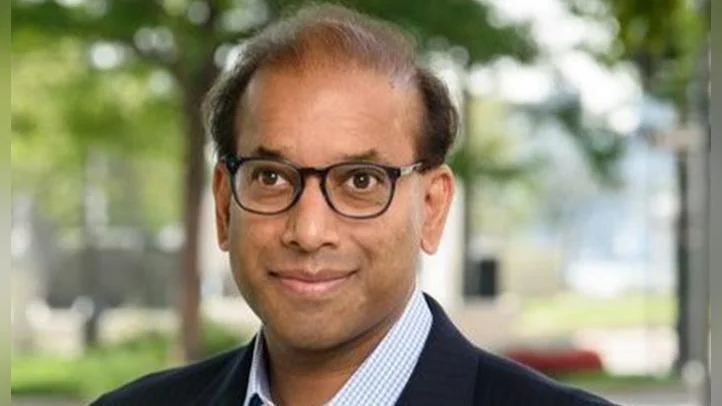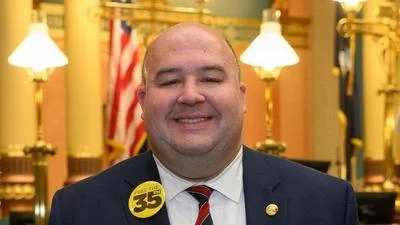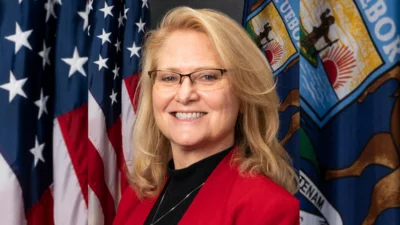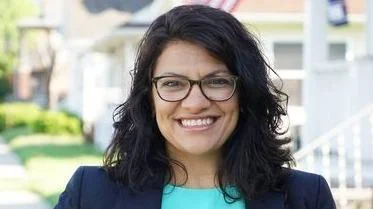Sandy K. Baruah President and Chief Executive Officer at Detroit Regional Chamber | Official website
Sandy K. Baruah President and Chief Executive Officer at Detroit Regional Chamber | Official website
The Michigan Board of Canvassers is currently accepting public comments on the proposed ballot summary language for a graduated income tax, set to appear on the November 2026 ballot. The Detroit Regional Chamber has expressed concerns that the language presented to voters should be transparent and accurately describe the proposal's impact.
According to the Chamber, the summary submitted by the advocacy group supporting the graduated income tax is misleading and omits several key points. The Chamber is urging its members and business leaders to submit public comments by today, Monday, July 21, to ensure that the ballot language is fair and accurate.
The Chamber highlights several issues with the proposal. It argues that it would significantly increase taxes on Michigan's small and family-owned businesses by targeting pass-through businesses like S-corps, LLCs, and partnerships. This fact, they claim, is omitted from the proposed summary.
Additionally, they assert that the proposal is a graduated income tax rather than a "surcharge," as described in the summary. They emphasize that this system would create new tax brackets for higher earners, which is currently prohibited by the Michigan Constitution.
Furthermore, they argue that while the summary implies guaranteed funding for education from new revenue, there is no such guarantee in reality. Any new revenue would be subject to appropriation by the state legislature without being bound to specific educational purposes as suggested.






 Alerts Sign-up
Alerts Sign-up